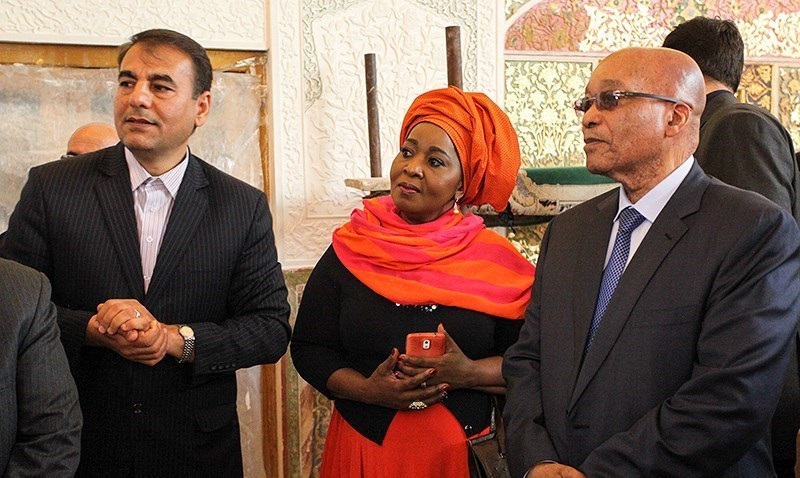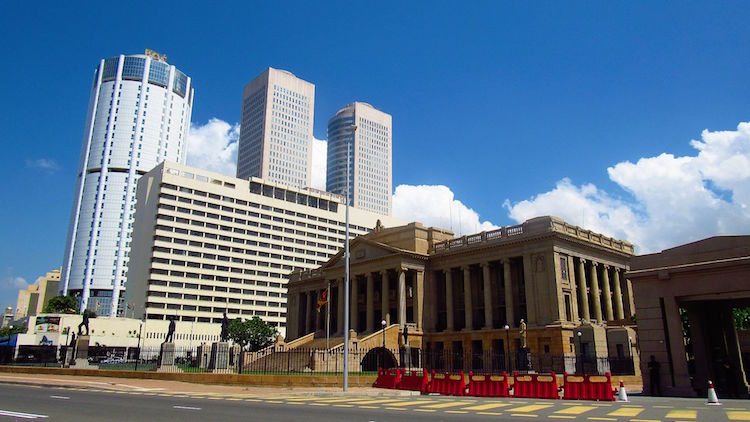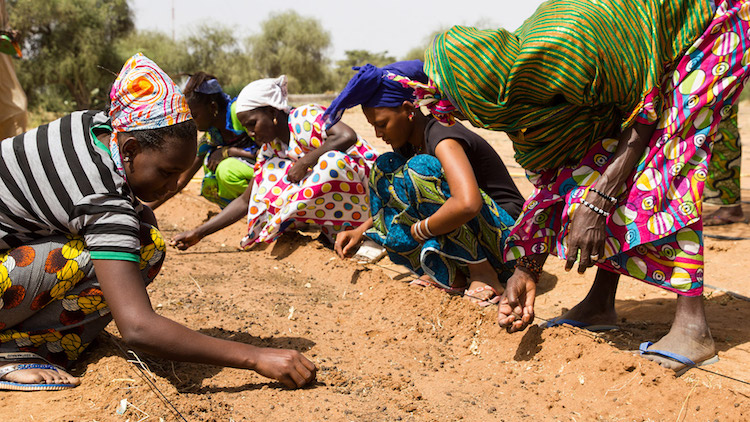NEW YORK | ABUJA (IDN | GIN) – A year after Nigeria was removed from the polio-endemic list, two cases have been reported in the northern Borno state, where the terrorist Boko Haram still controls the territory.
The eradication of polio, reported in 2015 by the World Health Organization, was called an “historic achievement” by the Global Polio Eradication Initiative, a public-private partnership leading the effort to eliminate the disease.
As recently as 2012, Nigeria accounted for more than half of all polio cases worldwide. Since then, a concerted effort by all levels of government, civil society, religious leaders and tens of thousands of dedicated health workers resulted in Nigeria successfully stopping polio.









